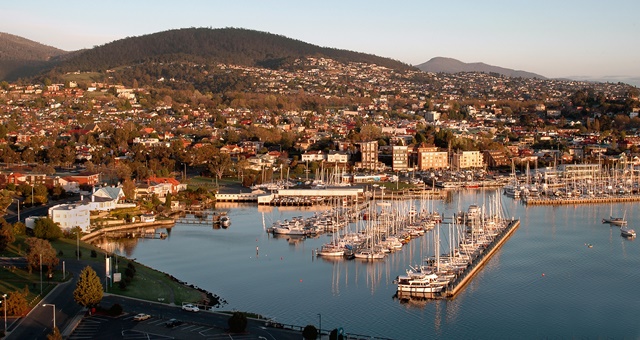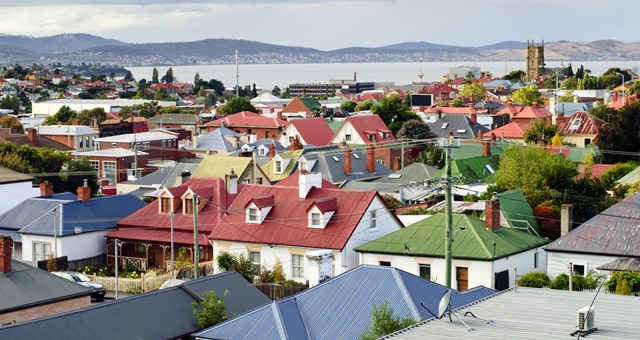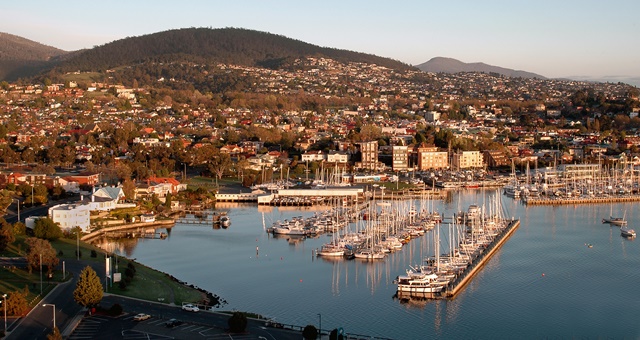
Commercial and private accommodation operators utilising disruptor platforms such as Airbnb and others similar will be required to register properties and submit to new regulations relating to data sharing, planning and reporting.
Under legislative reforms set to pass the state’s parliament, home-sharing platforms will also be legally bound to only offer for sale permitted, registered and approved properties abiding by the new reforms.
Claiming the reforms as the strongest legislation seen to date in Australia, Tourism Accommodation Australia National CEO, Michael Johnson, said it was emblematic of the strength of the TAA family across the country.
“The State Government has realised hotels, motels and other licensed accommodation businesses in Tasmania support thousands of jobs. However, the proliferation of unregulated short-stay accommodation properties has put these employment opportunities at risk.
“The State Government has listened to our concerns and gone back to the drawing board to strengthen the compliance measures in relation to data sharing, planning permits and reporting requirements – we will be watching closely to see if platforms adhere to their legal requirements.”

According to a Fact Sheet associated with the bill currently before the Tasmanian parliament, the Short Stay Accommodation Bill 2018 is designed to ensure “everyone is playing by the rules and to paint a clear picture of home sharing across Tasmania”.
Under the bill, short-stay accommodation providers will be required to provide certain information to the booking platform before it can be listed including relevant planning permit numbers or a statement advising a planning permit was not required. The booking platform must then supply information on each property to the Director of Building Control at the end of each financial quarter. Penalties of $7,950 per offence would be levied on accommodation providers and $15,900 per offence on booking platforms for non-compliance or providing false information.
Information collected under the laws would be used to ensure compliance with existing planning, building, health and safety requirements, to assist with further policy development on short-stay accommodation in Tasmania
Booking platforms would be granted a six-month transition period to fully comply with the legislation following Royal Assent.
Johnson added the new Tasmanian model would be a benchmark for other states and territories to see that licensed industries such as the hotel sector couldn’t compete with unregulated competitors not burdened with the same cost and compliance requirements.

